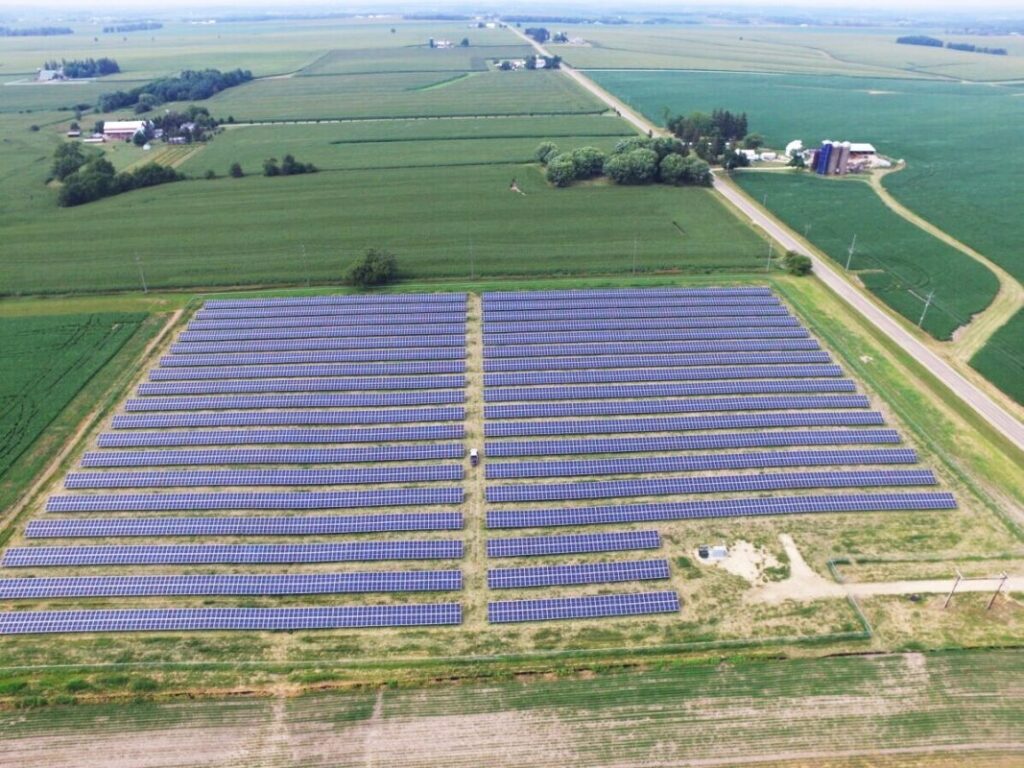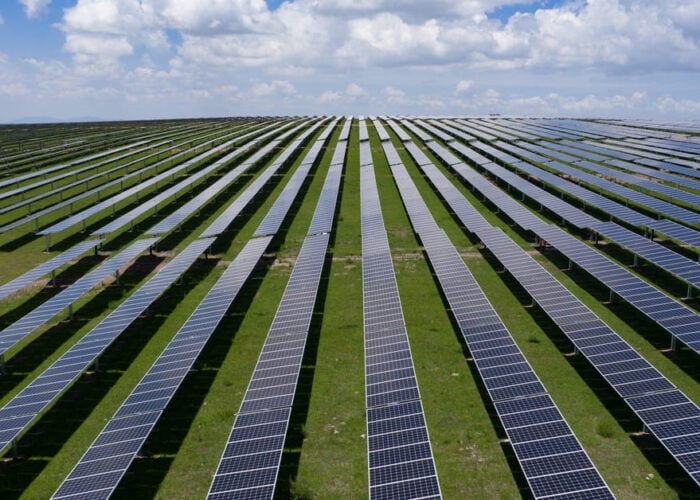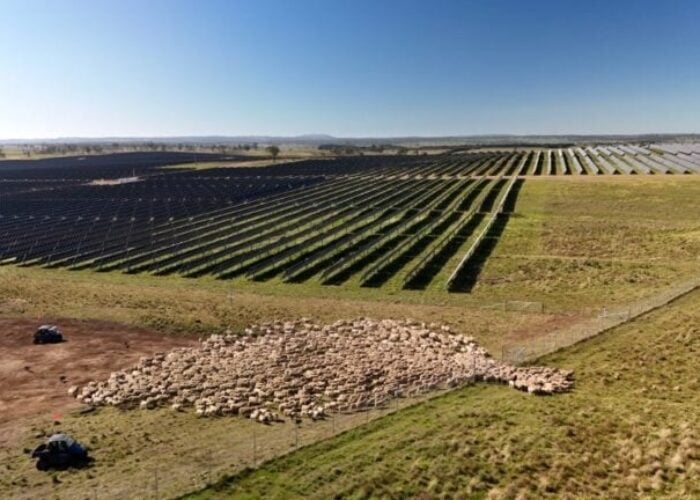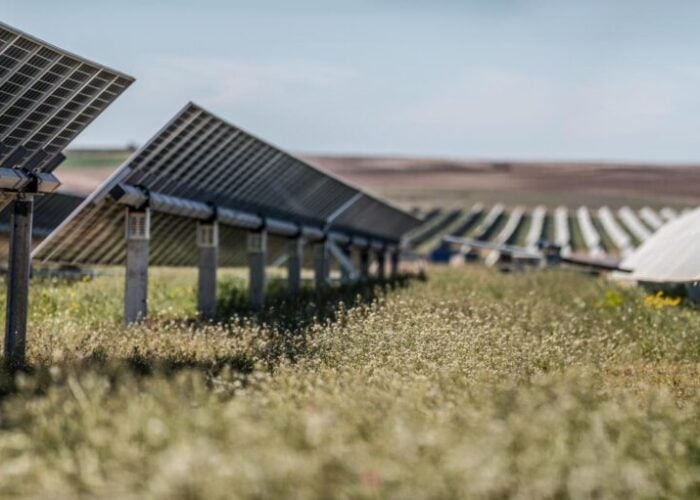
While there is growing support for new renewable power projects across Europe and the US, these regions could need to announce close to 200GW of new clean energy capacity by 2030 to meet the world’s energy transition goals.
This is the conclusion of US analyst McKinsey & Company, which published its assessment of the world’s clean energy commitments, compared to the scale of investments needed to meet climate change targets, in a report this week. ‘The energy transition: Where are we, really?’ argues that in an “increasingly complex and uncertain global energy space,” greater investment into renewable energy capacity will be needed to meet the targets set by the Science-Based Targets Initiative.
Try Premium for just $1
- Full premium access for the first month at only $1
- Converts to an annual rate after 30 days unless cancelled
- Cancel anytime during the trial period
Premium Benefits
- Expert industry analysis and interviews
- Digital access to PV Tech Power journal
- Exclusive event discounts
Or get the full Premium subscription right away
Or continue reading this article for free
The analyst notes, for instance, that in the US and Europe—which includes EU members, plus Norway, Switzerland and the UK—there will need to be around 1.6TW of solar and wind generation capacity either in operation, or having reached financial close, by 2030.
While final investment decisions (FIDs) have been reached on just over 705GW of solar capacity, 3% more than the 2030 target set by McKinsey, the report notes that the US and Europe will need to reach FIDs for an additional 195GW of wind capacity in order to meet the 2030 targets.
The need for greater investment comes at a time when there are already record-breaking levels of money pouring into the renewable energy sector, particularly the solar industry. A report from the International Energy Agency (IEA) found that solar PV investment is expected to reach over US$500 billion this year, more than any other electricity generation technology, and generating yet more investment in the industry could prove a challenge. This is to say nothing of the risks associated with such investments, with a number of new buyers and sellers entering the solar space, without extensive experience in making such deals.
Deployment, training and other barriers
In addition, McKinsey reports that deployment in the clean energy industry remains lacking. The report notes that, while Europe and the US have added around 180GW and 120GW of operating solar capacity since 2015, respectively, Europe is currently on track to install just 390GW of capacity by the end of the decade, well below the target of 600GW.
In the US, meanwhile, around 60% of the announced capacity additions, expected to come online prior to 2030, are still waiting on FIDs, putting pressure on companies and investors to finalise financing agreements quickly.
While the report does note that “the nature of solar installation” means such projects can move from financing to construction and operation faster than other technologies, such as wind, the rate at which new FIDs are finalised will need to increase dramatically.
The report’s authors name a number of additional factors as barriers for greater renewable power deployment, including a lack of skilled workers in the clean energy space, which is slowing down the installation and maintenance of technologies such as solar power. This echoes a number of calls already made for greater training initiatives across the global solar industry, and follows the launch of the European Solar Academy, at the Intersolar 2024 conference held in Germany this summer, to address this issue.
The authors also suggest that a “challenging macroeconomic environment and fluctuating investment environment,” triggered by external events such as the Covid-19 pandemic, alongside “long permitting procedures, grid reform challenges and carbon pricing fluctuations,” have contributed to the delay in new project commissioning around the world.
The need for policy support
The report also notes that “more will be needed” from policymakers to encourage more renewable energy deployments, despite the fact that the implementations of regulations, such as the Inflation Reduction Act (IRA) in the US and the Net-Zero Industry Act (NZIA) in Europe, have already helped encourage greater clean energy investment.
Earlier this year, Sulaiman Ilyas-Jarret, head of policy and strategy for renewable delivery at the UK Department for Energy Security and Net Zero, said that policy has a “significant” role to play in delivering more renewable deployments, at Solar Media’s Renewable Energy Revenues Summit in London. This is especially significant as, as the McKinsey report demonstrates, the gap between what will be delivered, and what will be needed, is growing.
“While the gap is widening, there is still a window of opportunity for governments and companies to deliver the growth needed while meeting their net zero ambitions,” said Thomas Hundertmark, senior partner at McKinsey and one of the report’s authors. “Doing so will require revaluation of existing strategies and regulatory regimes, many of which were devised to assume a different economic and policy landscape than exists today.
“With a clear view of the reality gap emerging, now is the time for stakeholders across the energy value chain to revisit decarbonisation plans to pioneer the next wave of progress.”






